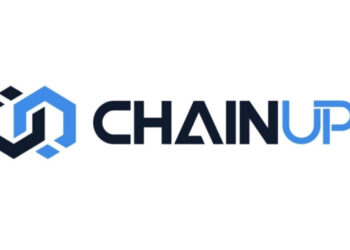Pierre Rochard, VP of Research at Riot Platforms, has highlighted the shifting dynamics of Bitcoin’s bull market, stating that this cycle differs significantly from previous ones.
While past halvings have triggered sharp price surges by reducing Bitcoin’s supply, their impact has weakened.
Rochard explained that the fourth halving presents a minor supply shock, leading to a more gradual and sustained price increase than the extreme volatility in past cycles.
Regulatory changes under President Donald Trump’s administration also play a crucial role in shaping market sentiment. The reversal of strict capital controls and compliance burdens on banks has created a more open financial framework for Bitcoin. Rochard noted that this shift has bolstered institutional confidence, with major investors seeking regulatory clarity before making large capital commitments.
At the same time, traditional financial markets have expanded their engagement with Bitcoin. The launch of spot Bitcoin ETFs has provided institutions with regulated access while companies like MicroStrategy continue to accumulate BTC as a treasury asset. Hedge funds actively trade Bitcoin through derivatives, and financial advisors increasingly view it as a viable portfolio component. These developments have strengthened Bitcoin’s market structure, helping establish a more stable price floor than in previous cycles.
Despite some risks, Rochard remains optimistic about Bitcoin’s long-term value as a permissionless transaction network and a scarce digital asset. Over-leveraged traders could cause sudden liquidations, and macroeconomic factors might result in price corrections, particularly given the tight U.S. monetary environment. However, he believes current market conditions support continued accumulation, with institutions and individuals increasingly incorporating Bitcoin into their financial strategies.
Beyond Bitcoin’s market dynamics, Rochard highlighted its transparency through its UTXO model, which allows for straightforward and verifiable transactions, benefiting hardware wallets. In contrast, Ethereum’s account-based system adds complexity with smart contracts and internal operations that can confuse users, as hardware wallets often only show a destination address and data payload, obscuring the complete transaction details.
If you want to read more news articles like this, visit DeFi Planet and follow us on Twitter, LinkedIn, Facebook, Instagram, and CoinMarketCap Community.
“Take control of your crypto portfolio with MARKETS PRO, DeFi Planet’s suite of analytics tools.”





















